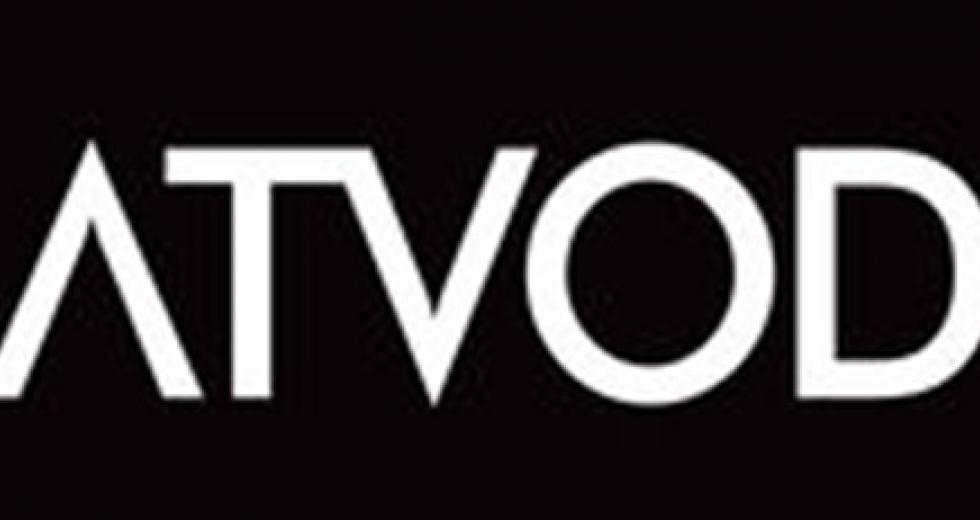
On 2 February 2014, the UK Column received a letter from ATVOD, the Authority for Television On Demand. ATVOD is a subsidiary of Ofcom, the UK Government’s communications regulator. The ATVOD letter gave notice that as the result of a Statutory Instrument amendment to the 2003 Communications Act, we were required to notify ATVOD that it was running “an on demand programme service”, to pay a fee, and to submit to regulation.
ATVOD mainly chooses organisations to regulate based upon whether or not they are perceived to produce “television-like programmes”. In several conversations between us and ATVOD, an ATVOD representative admitted that there is no fixed standard for what constitutes “television-like” video content, and that their determinations are made on purely arbitrary opinion.
When asked by the House of Lords Select Committee on Communications Inquiry on Media Convergence and Its Public Policy Impact on 5th February 2013 if “[ATVOD] had trouble defining [television-like services]”, Ruth Evans, Chairman of ATVOD, replied, ”Yes. It is an evolving art.” It is on the basis of the “evolving art” statement that ATVOD’s claims of a “light regulatory burden” should be seen. At present ATVOD claims to exist in order to prevent harmful material becoming available to children and to prevent hate speech. It is clear, though, that anyone submitting to the current “light regulatory framework” joins a fluid and evolving regulatory framework with potentially draconian financial penalties.
The penalties allowed for via the Communications Act 2003 amount to 5% of the regulated organisation’s turnover or £250,000, whichever is the greater amount. Following discussions with ATVOD, we made the decision that ATVOD’s requirements would be detrimental to our freedom of speech and expression on the internet, and we would not submit to regulation by ATVOD.
ATVOD subsequently issued an “enforcement notice” giving us ten working days to comply with their demands. Having carefully considered our options, we decided to cease the activity which ATVOD describes as an “on demand television service”, and removed all UK Column Video On Demand content from the internet.
We would like to stress that this is not an issue of censorship of one alternative media organisation. The implications of this are that anyone can be required to be regulated on the same terms as the BBC. This is the thin end of a wedge and needs to be seen in the context of wider media regulation.
For more information on this, and our reasons for taking this action, please see the following videos:
We have a press release available. Please download and distribute to everyone you can.
